Get The Article
- Article PDF
- Trends in Cognitive Science Article
Cite This Work
- APA
- MLA
- Bibtex
Bayne, T., Frohlich, J., Cusack, R., Moser, J., & Naci, L. (2023). Consciousness in the cradle: on the emergence of infant experience. Trends in Cognitive Sciences.
Bayne, Tim, et al. “Consciousness in the cradle: on the emergence of infant experience.” Trends in Cognitive Sciences (2023).
@article{bayne2023consciousness, title={Consciousness in the cradle: on the emergence of infant experience}, author={Bayne, Tim and Frohlich, Joel and Cusack, Rhodri and Moser, Julia and Naci, Lorina}, journal={Trends in Cognitive Sciences}, year={2023}, publisher={Elsevier} }
New research sheds fresh light on mystery of infant consciousness
When does consciousness begin? There is evidence that some form of conscious experience is present by birth, and perhaps even in late pregnancy, an international team of researchers led by Tim Bayne of Monash University in Melbourne, Australia and Joel Frohlich of the University of Tuebingen in Germany and the US-based Institute for Advanced Consciousness Studies in Santa Monica, California has concluded in a new review manuscript. The findings, just published in the peer-reviewed journal ‘Trends in Cognitive Science’, have important clinical, ethical, and potentially legal implications, according to the authors.
In the study, entitled ‘Consciousness in the cradle: on the emergence of infant experience’, the researchers argue that, by birth, the infant’s developing brain is likely capable of conscious experiences. Although each of us was once a baby, infant consciousness remains mysterious, because infants cannot tell us what they think or feel, explains one of the two lead authors of the paper Dr. Tim Bayne, Professor of Philosophy at Monash University.
“Nearly everyone who has held a newborn infant has wondered what, if anything, it is like to be a baby. But of course we cannot remember our infancy, and consciousness researchers have disagreed on whether consciousness arises ‘early’ (at birth or shortly after) or ‘late’ – by one year of age, or even much later.”
To provide a new perspective on when consciousness first emerges, the team reviewed recent advances in consciousness science. In adults, some markers from brain imaging have been found to reliably differentiate consciousness from its absence, and are increasingly applied in science and medicine. This is the first time that these advances, as translated to infants, have been reviewed in detail.
Co-author of the study, Dr. Lorina Naci, Associate Professor at Trinity College Dublin in Ireland, who leads the ‘Consciousness and Cognition Group’, explained: “Our findings suggest that newborns can integrate sensory and developing cognitive responses into coherent conscious experiences to understand the actions of others and plan their own responses.”
It is even possible that birth itself triggers the onset of consciousness. “Probably the first thing the newborn infant realizes is that the outside world is very unpredictable relative to the womb environment,” explained co-lead author and postdoctoral researcher Dr. Joel Frohlich. “Things are constantly changing, and so the newborn must build a mental model of the world to adapt and predict things.”
However, the authors don’t rule out the possibility that consciousness might already start some weeks beforehand. “Julia Moser’s work shows that third-trimester fetuses appear to be capable of learning sequences of auditory beeps,” said Dr. Frohlich, referring to his co-author Dr. Moser at the University of Minnesota. “When an auditory tone deviates from a pattern established earlier in the experiment, the fetus shows this ‘surprise’ response in its magnetic brain activity. The neural activity shows a field deflection as if the fetus is saying ‘huh?’.”
The paper also sheds light into ‘what it is like’ to be a baby. We know that seeing is much more immature in babies than hearing, for example (see the image below for a theoretical depiction). Furthermore, this work suggests that, at any point in time, infants are aware of fewer items than adults, and can take longer to grasp what’s in front of them, but they can easily process more diverse information, such as sounds from other languages, than their older selves.

“Infants can perceive many things which adults cannot, like the differences between vowel sounds in a foreign language,” explained Dr. Joel Frohlich. “By 10 months or so, we lose this ability as the brain decides these perceptual differences are no longer relevant and discards them.”
consciousness infant consciousness pregnancy where does consciousness begin Read more
